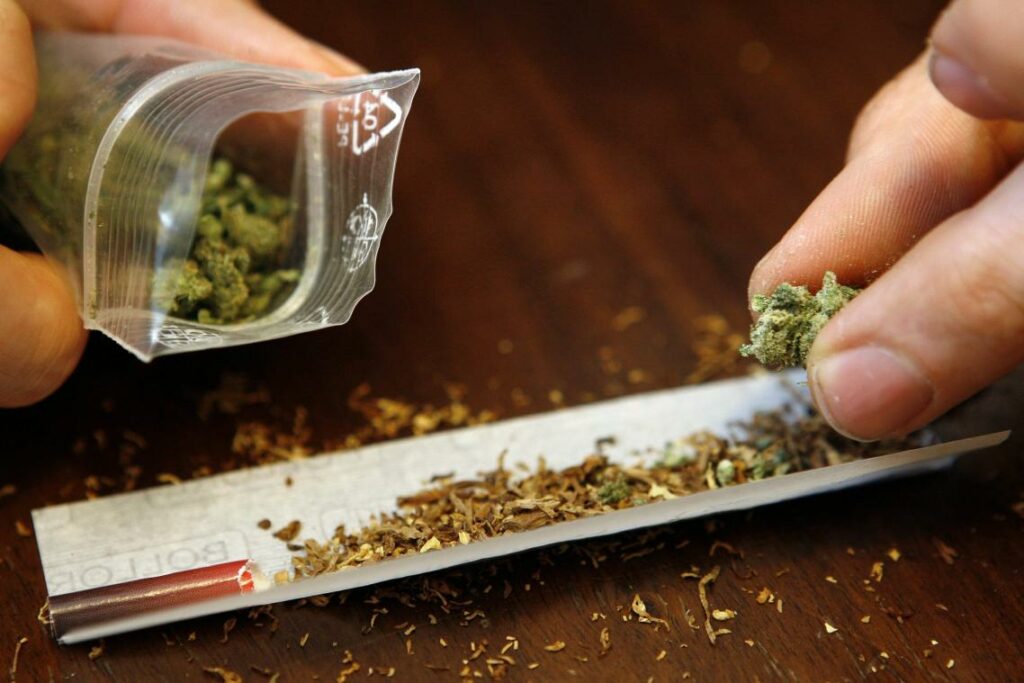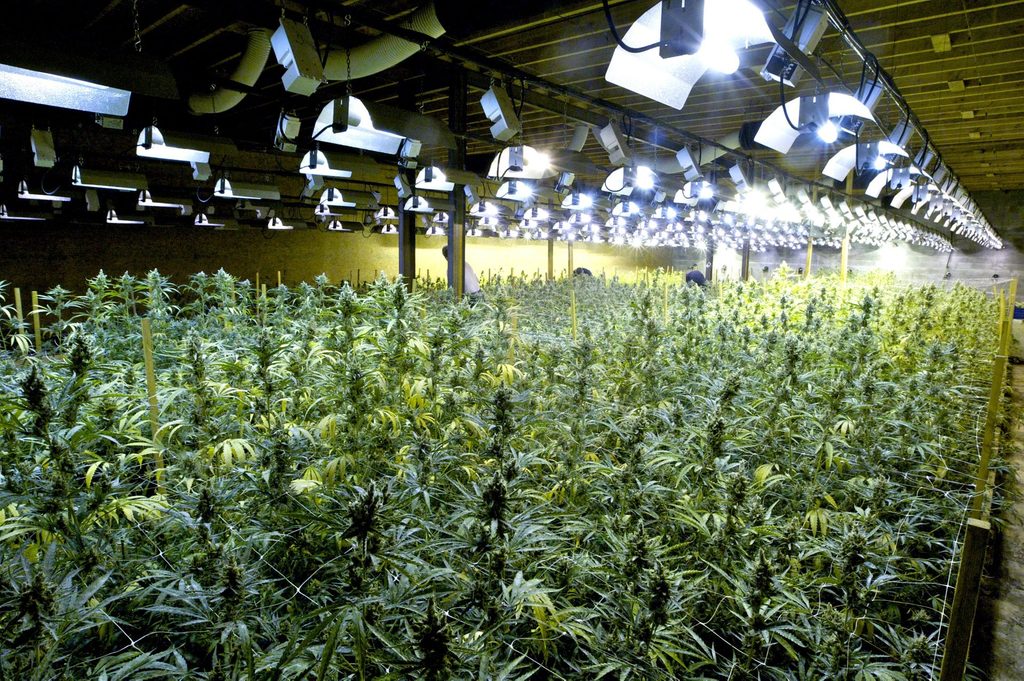Belgium's Federal Parliament approved an information report that evaluated its drug policies – in particular for cannabis – during its plenary session on Friday.
The report received support from a large majority on the French-speaking side (PS, MR, Ecolo). On the Flemish side however, only Groen, Open Vld and Vooruit approved the report. It makes a number of observations about Belgium's current policy, which is still based on a 1921 law that has changed little in the intervening century.
"No one likes [the existing drug laws], whether it's people who do not use drugs, people who do, people in recovery or people working in the field. The lack of clarity leads to legal uncertainty. Many people question the legitimacy of policy and legislation," said the report, pointing to a "risk of discrediting criminal law."
Several countries have formally decriminalised cannabis and the report takes stock of initiatives both in and outside of Europe. It also comments on consumption in Europe and Belgium.
Divided parties
A quarter of the Belgian population has already used cannabis, and around 8% have a problem with the drug. At the same time, the concentration of active substance THC in it has increased significantly over the last 30 years.
The recommendations illustrate the divisions in Belgian politics in this area. Importantly, the report does not advocate the decriminalisation of cannabis but instead calls for "the emergence of a new legal framework that promotes the equality of citizens before the law, the accessibility and predictability of the law and the harmonisation of prosecution policy."
The authors recommend "providing people who use and possess cannabis for individual use, and who do not cause a disturbance to the peace, with the possibility of avoiding punishment, whether criminal or administrative, by opting for free psycho-medico-social support."

Credit: Belga
Federal MP Julien Uyttendaele (PS), who was rapporteur for the work, was highly critical of the current Belgian framework. "We are faced with a market in the economic sense, with supply and demand, but we have no rules for this market apart from the principle of prohibition, which does not work. Result: who sets the rules today? The criminal world. We have offered them a monopoly and they are the first to oppose regulation."
Uyttendaele defended legalising "cannabis social clubs" – associations of consumers who grow cannabis for themselves without pursuing any commercial aim.
But the Francophone liberal MR party took a rather different view. Legalisation policies have had "only a marginal influence on the number of consumers," said MR MP Philippe Dodrimont, who emphasised the public and individual health risks of cannabis.
Related News
- About 150 cannabis plants discovered in a house in Namur
- Snoop Dogg to commentate the 2024 Paris Olympics for NBC
- Germany becomes biggest EU country to legalise recreational cannabis
In the federal majority, the Flemish Christian-democrats CD&V opposed the report. "Drug use can never be normalised," said MP Stijn De Roo (CD&V). "Legalisation does not make drug-related crime disappear."
The Flemish rightwing N-VA and far-right Vlaams Belang did not express an opinion. The Francophone Christian-democrats, Les Engagés, abstained.

